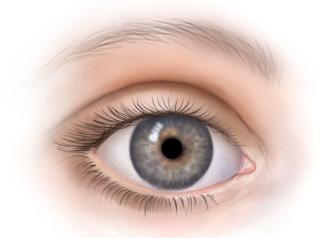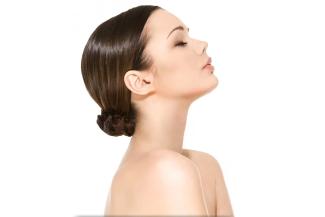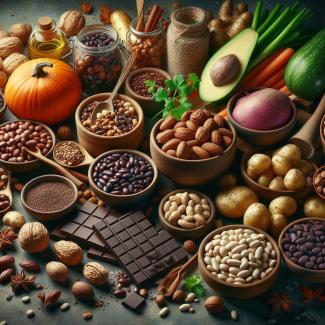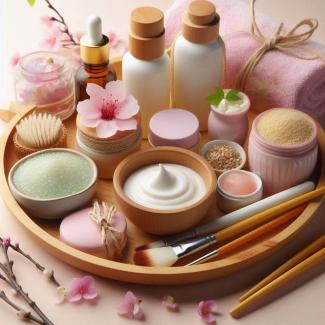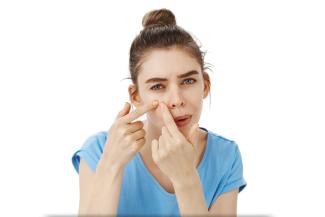
Acne is a common skin condition that occurs when hair follicles become clogged with oil (sebum) and dead skin cells. Several factors contribute to the development of acne:
- Excess Sebum Production: Sebaceous glands in the skin produce an oily substance called sebum. Hormonal changes, often associated with adolescence, pregnancy, and certain medical conditions, can lead to an overproduction of sebum. Excess sebum can clog hair follicles.
- Clogged Hair Follicles: When sebum and dead skin cells accumulate, they can block the hair follicles. This creates an ideal environment for the growth of bacteria.
- Bacterial Infection: The bacterium Propionibacterium acnes (P. acnes) is normally present on the skin but can multiply rapidly in clogged hair follicles. This can lead to inflammation and the formation of pustules or pimples.
- Inflammation: The body's immune response to the bacterial infection causes redness and swelling in the affected area.
- Hormonal Changes: Hormonal fluctuations play a significant role in the development of acne. This is why acne is often associated with puberty, menstruation, pregnancy, and conditions like polycystic ovary syndrome (PCOS).
- Genetics: Family history can also influence a person's likelihood of developing acne. If your parents or siblings had acne, you may be more prone to it as well.
- Diet and Lifestyle: While the link between diet and acne is still a subject of research, some people may find that certain foods or lifestyle factors can trigger or worsen their acne. High glycemic index foods, dairy products, and excessive stress are among the factors that some individuals associate with acne outbreaks.
- Cosmetics and Skin Products: Certain makeup, skincare products, and haircare products can contain ingredients that may contribute to pore blockages. It's important to choose non-comedogenic (non-pore-clogging) products if you have acne-prone skin.
- Environmental Factors: Exposure to environmental pollutants and high humidity can contribute to acne development.
Acne can vary in severity, from minor whiteheads and blackheads to more severe forms like cystic acne. It can affect people of all ages but is most common during adolescence. Effective acne treatment options are available and often include topical creams, oral medications, and lifestyle changes. If you have concerns about acne, it's a good idea to consult a dermatologist who can recommend the most appropriate treatment plan for your specific condition.

